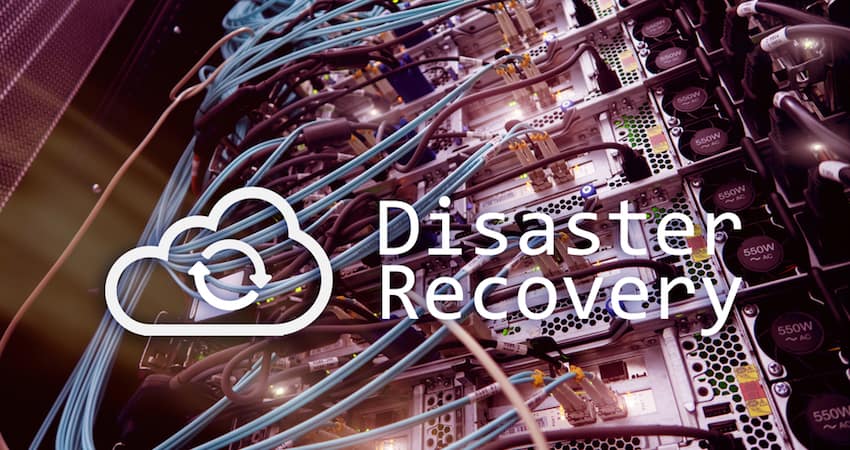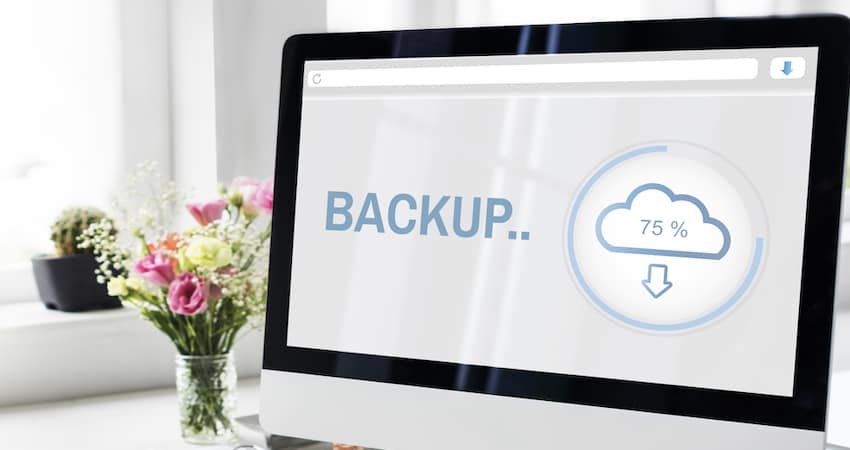When was the last time you made a backup of company data? A single incident can erase critical data in a heartbeat. But with a current backup, you can fully recover lost files without too much downtime. Where should you store your backup? Keep reading to discover the answer.
What Is a Backup?
All companies have files they can’t afford to lose. They make a duplicate copy, called a backup, to prevent data loss. Instead of starting from scratch, companies can recover corrupted or deleted files from the backup. Common reasons for data loss include:
- Hard drive crash
- Theft
- Hacking
- Malware
- Viruses
- Phishing
- Natural Disasters
- User Error
Regularly backing up files ensures full data recovery. And while a single backup might suffice in an emergency, two or three copies are even better. Multiple backups ensure you can still recover lost files even if something happens to the first one. A combination of local and cloud storage is the ideal solution.
Local Backups
Copying files to a separate hard drive, flash drive, or external storage device is one of the simplest ways to create backups. Companies with large amounts of data to backup may want to consider tape storage. Backing up files on other computers connected to the service is also possible with a local area network (LAN).
Local backups are easy to access when needed. But they aren’t immune from threats. Theft, fire, and hardware corruption can jeopardize these files. Storing additional copies offsite should be part of your data protection strategy. It’s also smart to keep physical storage devices locked up in a fire-proof safe for added security.
Cloud Backups
As cloud computing has become more popular, so have online backup services. Cloud backups are secure file copies stored on remote servers. Users can access the files from anywhere. Saving backups to the cloud eliminates the worry of data loss from natural disasters or theft. The cloud offers an added layer of protection when used alongside local backups.
However, moving files to the cloud isn’t without risk. An unreliable internet connection can make it difficult to download data in a hurry. Hackers also like to target cloud storage. Data encryption and regular cloud monitoring can help prevent a cyberattack.
The Right Approach for Your Backup Needs
Backing up files is a critical part of company security. But which method is best for your business? Experts agree that relying on only one backup is unwise. If something happens to the original file and the copy, you’ll spend valuable time recreating the data. Instead, utilizing both local and cloud backups is a better plan.
CMIT Solutions specializes in data protection and backups for small businesses. Our skilled team includes over 800 IT gurus ready to tackle your technology needs. We offer managed support to ensure you always have a reliable backup when disaster strikes.
Do you need a better data recovery plan? Get support today and learn where to backup company data.




